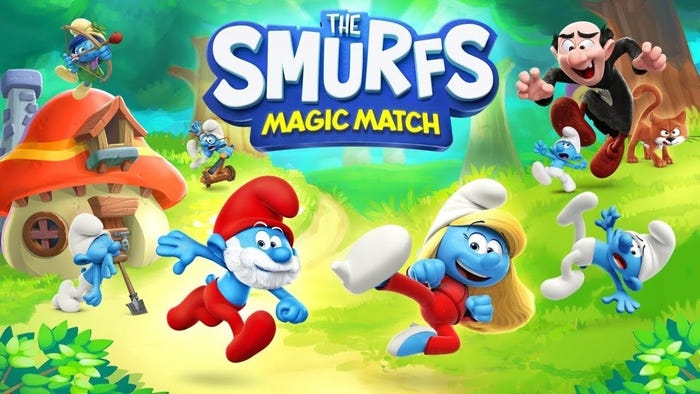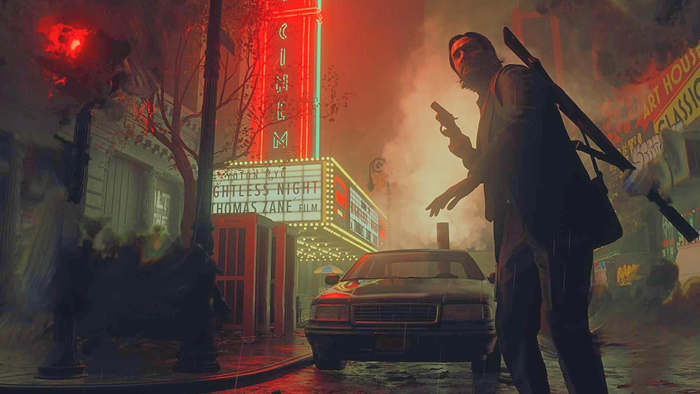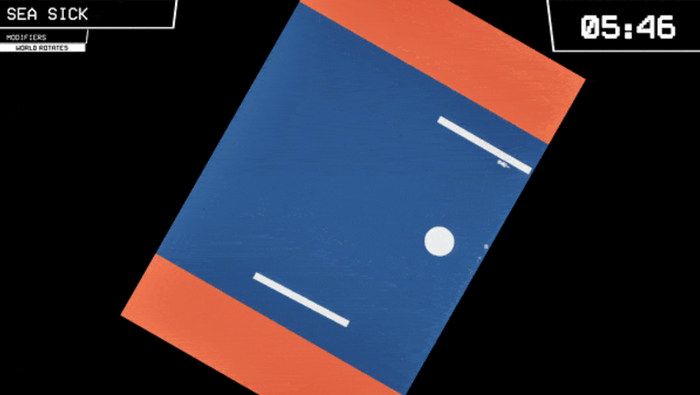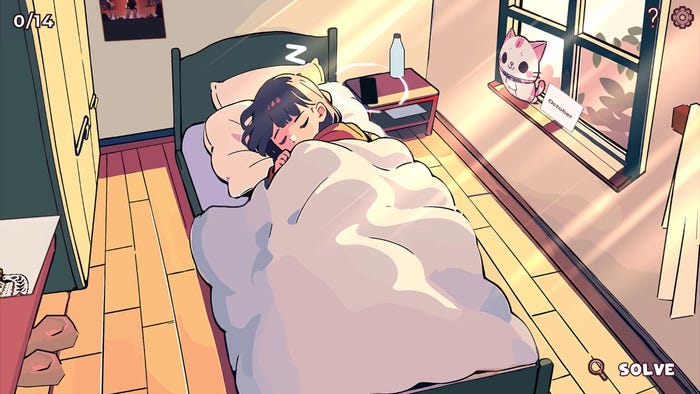Owlchemy Labs' CEO has some advice for other industry leaders: 'Don't chase trends, chase players'
'It's always easy to get seduced by the trappings of it all–and not get to the core of 'why do players enjoy this?''

Owlchemy boss Andrew Eiche has been in charge of the VR studio for just over a year, but during that time the wider industry has been plunged into chaos due to a wave of layoffs, funding cuts, and studio shutterings that have left some wondering 'where do we go from here?'
Eiche stepped into the role of CEO in February 2023 after previously serving as CTO and COO at the Google-owned studio. Speaking to Game Developer about the challenges that have arisen since he took charge, he explained that while Owlchemy itself hasn't been impacted by those brutal headwinds—the company is actually still recruiting—he did have some advice for other industry leaders.
"Don't chase trends, right? Chase players," he says. When asked what that means in real terms, he discusses how live service titles are currently very much in vogue because a myriad of companies started chasing that trend in the hopes of replicating the success of a few segment leaders. Yet, just because a handful of studios found colossal success using that model, it doesn't mean it'll come easy to others.
"This is the exact example of chasing players not trends, right? It's what do players want? Why do they like live service? They don't like it because you give them weekly tasks," he explains. "They have specific reasons as to why they like live service, and 'live service' is just another name for multiplayer.
"It's always easy to get seduced by the trappings of it all—and not get to the core of 'why do players enjoy this?' So you can chase the trend at the high level of 'live service games are doing well.' And if you look at that you might go 'people like connections,' but why did a game like Helldivers 2 do well? It's not because they said they're going to make a 'Capital L, Capital S' live service title. It's because they said we're going to make a game that has this very strong theming and every part of that refocuses back into what our players want."
Going deeper, he highlights how Helldivers 2's robust approach to theming transforms bread-and-butter actions like joining a game (by choosing which planet to liberate) into a potentially crucial moment in a sprawling intergalactic conflict. Those deft design beats are what makes Arrowhead's celebrated sequel connect with players, not the surface-level fact it taps into a specific monetization model.
"This is the worst I've seen the industry"
Commenting more broadly about the state of the industry and how we arrived here, Eiche says this is the "worst" period he's witnessed in all of his years as a developer. We asked whether corporate avarice has played a role in worsening the industry's woes—pointing to the huge wave of mergers and acquisitions that preceded the current downturn. Eiche suggests that "boom and bust" companies may now be finding out what the latter part of that phase really means. "I used to work in a different company that would do this thing where they'd be like 'you don't have to assign employees to a project right now because we just want to hire up,' and then a year later they'd be like 'everyone who isn't signed to a project is fired.'"
He says a similar mentality has taken root in the games industry resulting in a lack of foresight that is now harming studios and their employees. "Everybody was hoping [they wouldn't get caught out] and that they weren't holding the hot potato," he says. "But it turns out everybody was holding the hot potato."
Pointing to the speech made by Larian boss Swen Vincke at the 2024 Game Developers Choice Awards, in which (as clocked by Eurogamer) he blamed greedy publishers for "fucking this whole thing up for so long," we ask Eiche whether the industry needs to find a way to get developers—the people who know what exactly goes into making games—into those leadership roles and top-level conversations.
"[This keeps happening] because we're not the money people," he replies. "I think it would be great if we were able to homegrow some of these folks, who go into those kinds of positions. I'm seeing a bit of that, where devs have become VCs and that's awesome. But you can't have people who are coming into this industry and the first thing they do is say 'I'm going to finance [projects].' It's a mismatch."
"You know, I have a business degree and I got that during the pandemic. But that was a tool for me. It's not an identity. I think we have to be very careful and we have to get out of that private equity squeeze mindset." Eiche concedes "it's very seductive to look at the short term" and believes that's why some studios and investors aim to replicate the success of mega-hits, despite lacking the ability to understand why they struck a chord in the first place.
Pointing to Pokemon Go as an example, he suggests the project led to a surge in similar location-based AR titles because many onlookers thought that was the hook. In reality, the hook was Pokemon. One of the biggest, most-recognizable franchises in the world. "[The money folks] think you could be smart and make a little money over a long time, or you can get that one hit and it's just going to be money raining down from the sky and investors clapping. So everyone's just hoping they can pour money in and it hits the money critical mass and the money nuke goes off, but that's not realistic."
For Eiche, there's another layer of irony to such flagrant spending and investment. "The thing that kills me a little bit is that, yeah, you could invest $250 million in one game or you could cut that into much smaller pieces and take a lot more shots, and you might have the next Among Us in there. Take your pick of these wildly popular hits like Balatro, right? Take more shots on more groups of people."
You can find more coverage from GDC 2024, including high-profile interviews and talk coverage, right here.
Game Developer and GDC are sibling companies under Informa.
About the Author(s)
You May Also Like









